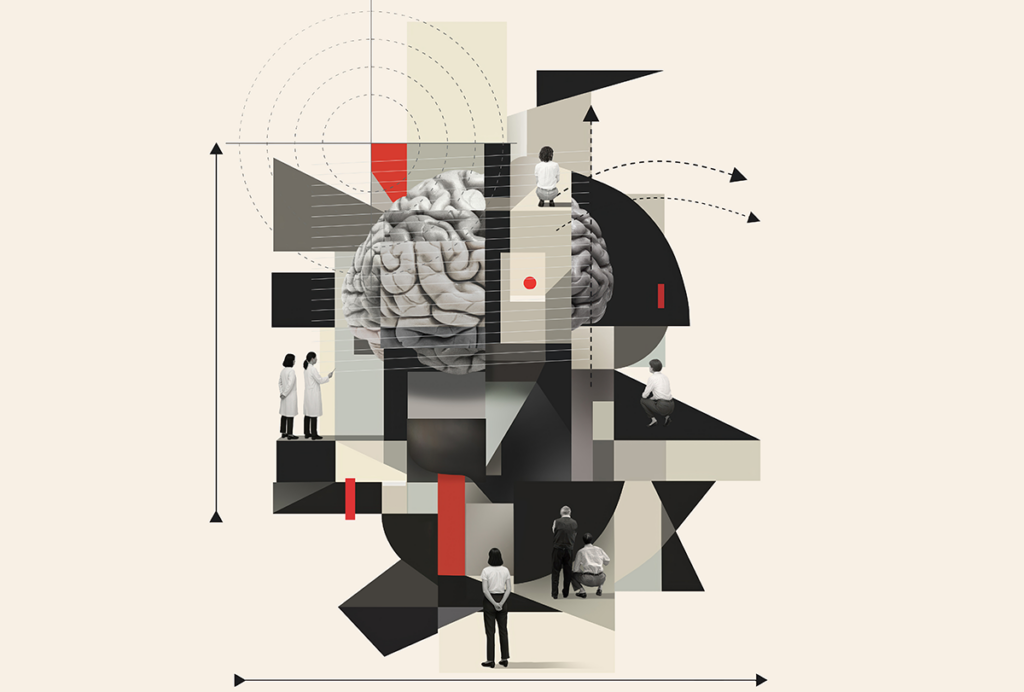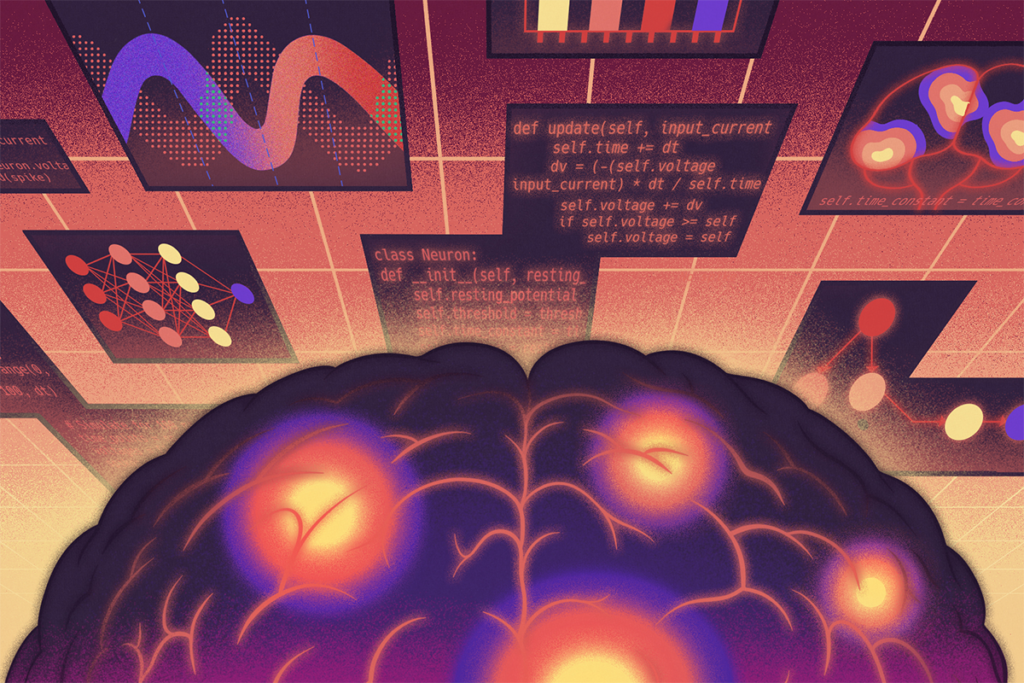When it comes to its relationship with the commercial sector, neuroscience has lagged behind other life science fields. Pharmaceutical development for brain diseases, such as Alzheimer’s disease, has proven extremely difficult, and developing technologies that directly target the brain is challenging. But with advances in brain-computer interfaces, as well as burgeoning artificial-intelligence tools and other technologies, that’s beginning to change. To gauge how researchers are thinking about this shift, we polled our readers and contributors and engaged a market-research firm to conduct structured interviews with senior scientists from leading neuroscience programs around the world.
The vast majority of survey respondents expect that ties between academic neuroscience and industry will grow in the coming years, citing advances in human neurotechnology and interest in neuro-inspired AI. Others were skeptical, noting limitations in our knowledge of the brain.
Many respondents expect that drops in public funding will drive interactions with industry; researchers will have to seek out industry partnerships, spin out startups or collaborate with companies to sustain their work. Indeed, the current climate may drive alternative funding models, some scientists told us, harkening back to the golden days of basic research at Bell Labs. Several respondents noted that industry relies on academic neuroscience for both staff and innovation; support for basic science will be important for maintaining those pipelines.
Given the current funding situation and potential reduction in academic positions, several respondents noted that graduate programs should tailor some of their training to students who will go into industry.






